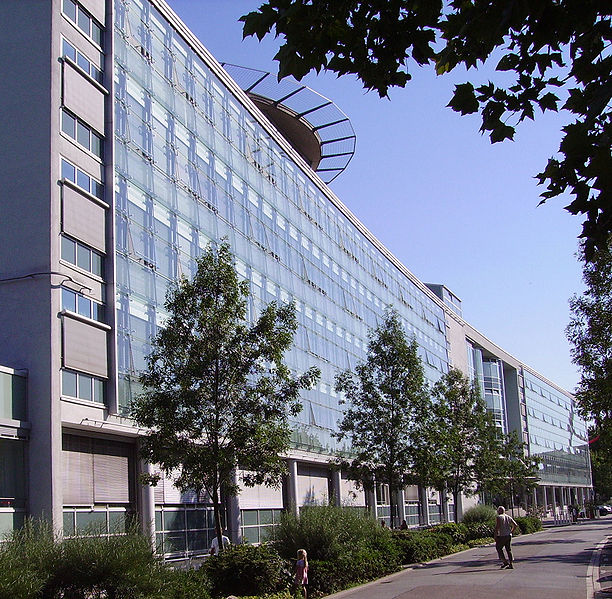
A decade has passed since the breaking of the scandal involving Joachim Boldt, a world-renowned critical care specialist who has held steady as the number two author on the Retraction Watch leaderboard. But the case continues to produce developments that have dramatically increased Boldt’s retraction tally.
Journals have retracted at least 53 papers by Boldt since May 2020, bringing his total number to 153, by our count. That includes 24 articles removed so far in 2021. In September 2020, the British Journal of Anaesthesia announced that it was retracting all but one of the more than two dozen Boldt papers that it had published — leaving the last one standing because it didn’t have solid evidence that it contained fabricated data.
The impetus for the purge was a 2018 report from Justus Liebig University (JLU) Medical School, where Boldt worked between 1982 and 1996. The university concluded that, among other things, Boldt appears to have fabricated data from several theses of students he helped supervise, publishing the doctored results without their knowledge.
According to a statement signed by Joybrato Mukherjee, the president of the University of Giessen, of which JLU is a part:
Dr. Boldt’s studies performed and published after 1996 did not originate from JLU. However, in some studies external graduate students performing their MD thesis work at Dr. Boldt’s department in Ludwigshafen submitted their MD thesis to JLU, whence they received their MD degree. In 2011, The Ombudsperson of JLU for Assurance of Good Scientific Practice compared five MD theses which had been supervised by Dr. Boldt in Ludwigshafen with publications by Dr. Boldt where he was the responsible author and the respective graduate students were coauthors. Three publications showed data which were significantly different from the data in the theses, e.g. changed mean values and/or standard deviations although the two studies clearly described the same groups of patients. The type of changes and the circumstances strongly suggested that Dr. Boldt had falsified the original data without informing the graduate students.
More recently, three further problematic pairs of MD theses and publications by Dr. Boldt and his doctoral students were brought to the attention of JLU. In these cases, the laboratory work was done at JLU between the years 1990-1996. In two pairs, again significant differences are seen between the thesis and the publication in the journal and in both cases the changes were such that the data in the publication looked more favorable and consistent and were most likely falsified by Dr. Boldt. In the third case, the data in the thesis and the journal article are congruent, but the cohort of patients was described as being selected in retrospect in the thesis while the journal article stated that this was a prospective study.
The statement ends with an admonition that journal editors appear to be taking to heart:
In view of these inconsistencies and Dr. Boldt’s misconduct in this and many other aspects of scientific integrity, JLU recommends that journal editors retract all papers where Dr. Boldt is the responsible author even if there is no obvious indication of falsification. All articles by Dr. Boldt – if still available – should be read with great caution because they may contain falsified data.
The latest retractions involve papers in The Annals of Thoracic Surgery, which retracted 9 of the anesthesiologist’s papers this year, and The Journal of Thoracic and Cardiovascular Surgery, which has retracted five. Together, those papers have been cited 14 times since 2018, according to Clarivate Analytics’ Web of Science.
Andrew Davis, a spokesman for Elsevier, which publishes both titles, acknowledged that the removals stemmed from the 2018 JLU report. However, he did not respond to multiple requests for comment about why the journals waited so long after the report to act on the papers.
Like Retraction Watch? You can make a one-time tax-deductible contribution or a monthly tax-deductible donation to support our work, follow us on Twitter, like us on Facebook, add us to your RSS reader, or subscribe to our daily digest. If you find a retraction that’s not in our database, you can let us know here. For comments or feedback, email us at [email protected].
If you have to retract 23 papers because there is falsified data in them, I see no justification for leaving the 24th standing just in case it is legitimate. All benefit of the doubt, it seems to me, has long since been exhausted.
Perhaps RW could identify that particular paper by DOI?